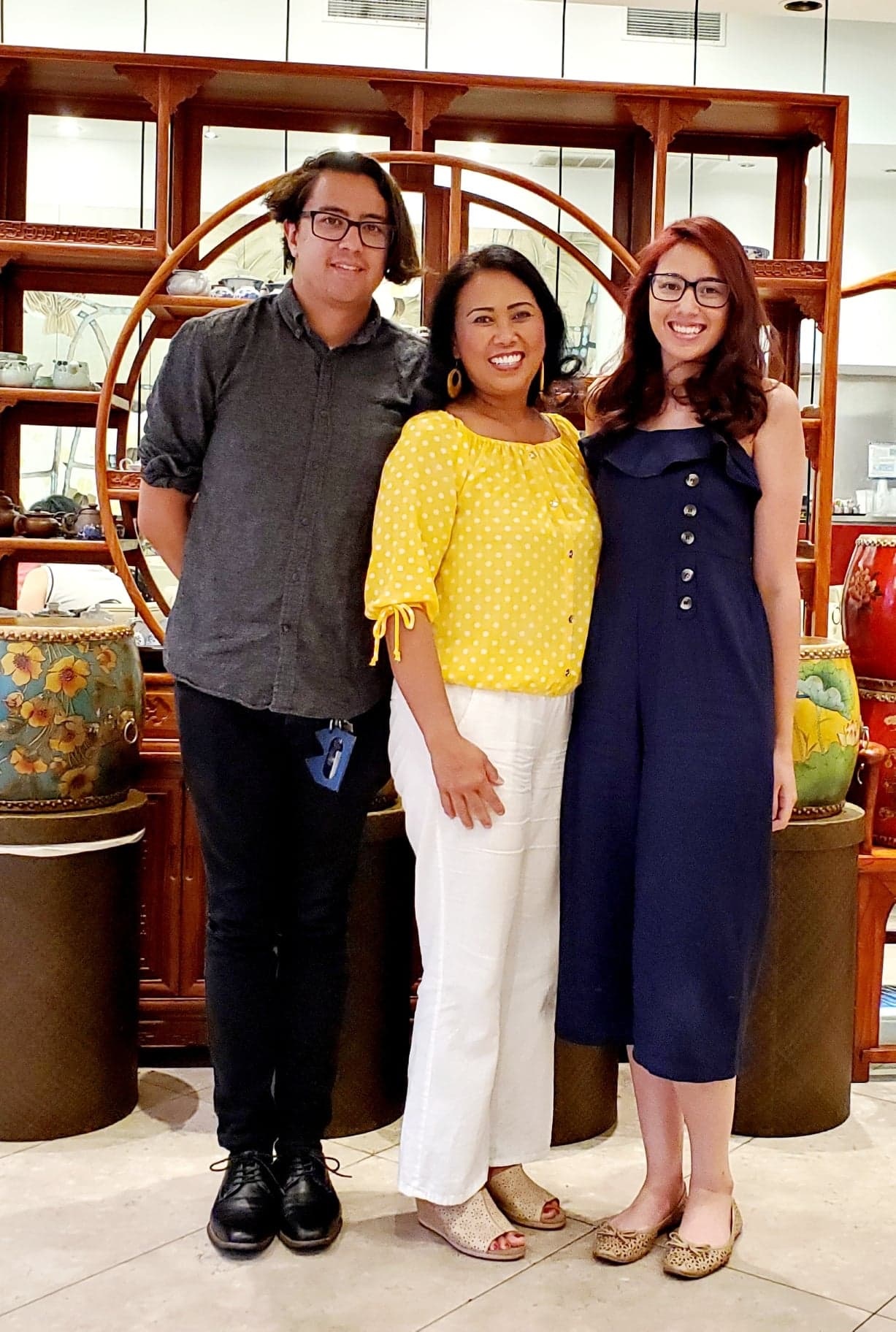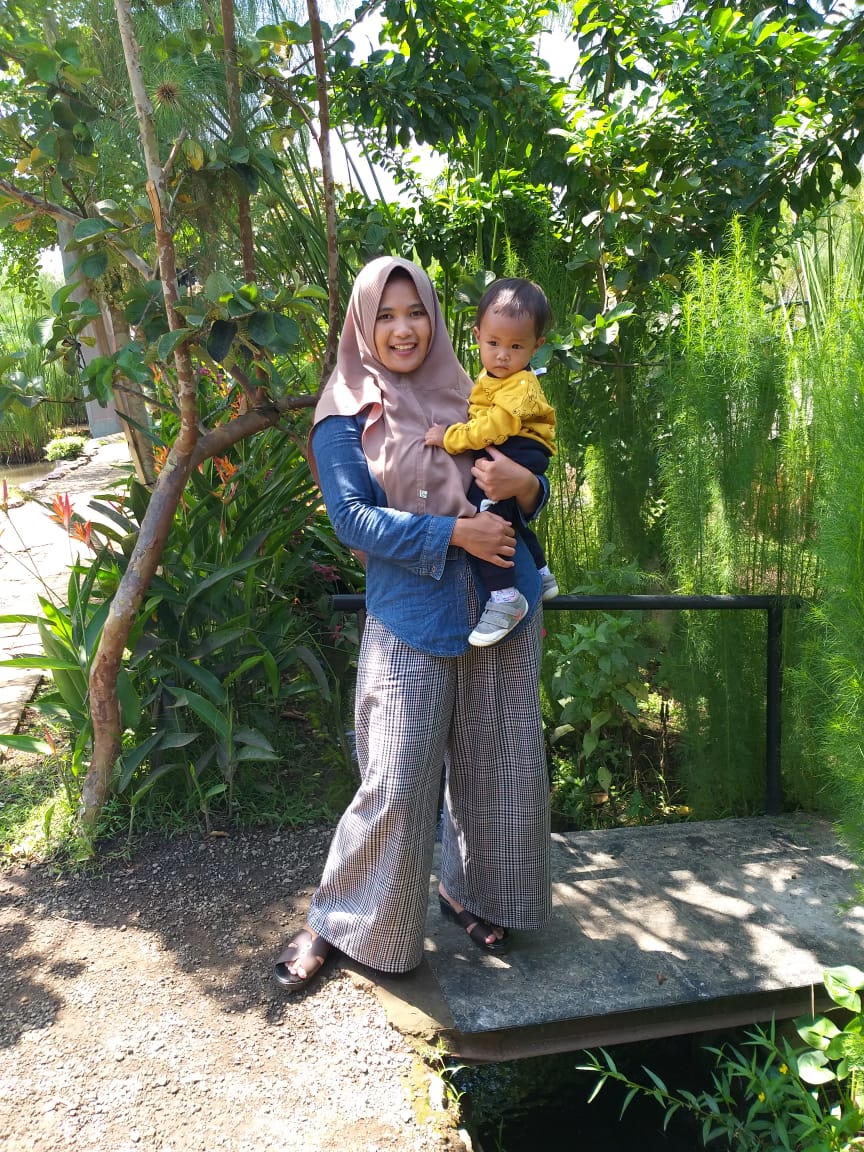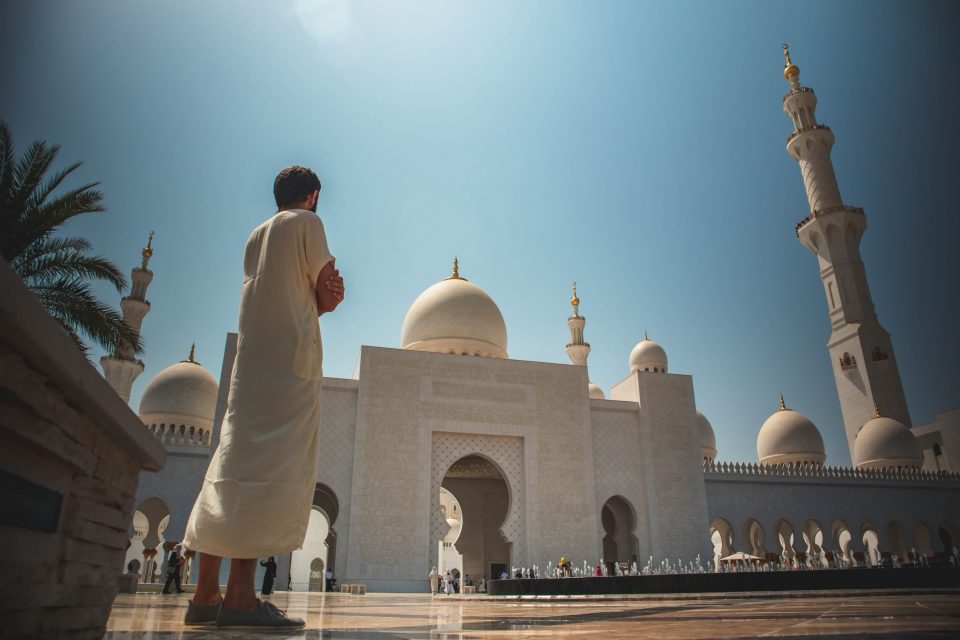As the ninth month in the Islamic calendar, also known as the Quranic month, Ramadan is about self-discipline, self-reflection, and sacrifice.
Needless to say, this holy month is associated with delicious food, family, friends, taraweeh prayers, and late-night gatherings. Sadly, these remain just beautiful dreams; yearning to make them become reality.
Let’s get back to the real essence of Ramadan while living in self-isolation during the COVID-19 pandemic. We can manage our time better, reading and finishing the Quran as many times as possible this month, without work, school, and other obligations getting in the way of this spiritual practice. Taraweeh prayers can be made at home with your family, or even alone. Not to mention, the hours usually spent travelling to and from work can be used to make up for the loss of sleep when waking up at 3am every day.
Many concerns about whether fasting will increase the risk of contracting COVID-19 float around some people’s minds. Indonesia’s State Intelligence Agency (BIN) has predicted that the peak period of the outbreak in Indonesia will fall during Ramdan, somewhere around the 60th to the 80th day after the first cases of COVID-19 were confirmed in Indonesia, which was March 2.
Does fasting indirectly weaken the immune system? Does fasting cause dehydration? This makes sense to ask because, at the moment, everyone has been advised to maintain fluid intake to prevent diseases and infections. According to recommendations from the World Health Organisation (WHO), people are advised to drink more, especially warm water to keep the throat and respiratory tract moist. Remember: drinking prevents dehydration, but it won’t prevent anyone from contracting COVID-19.
These Ramadan practices can still be done at home during the total or partial lockdown, or large-scale social restrictions (PSBB):
- Eating suhoor, praying five times a day, and breaking the fast to taraweeh prayers can all be done at home with your family.
- Recite the Quran and have iftar together via Google Hangout, Zoom, WhatsApp, etc to still get the sense of togetherness.
- Give back via online; many institutions for alms-giving and orphanages receive online transfers.
Idul Fitr is approaching soon, predicted to fall on May 23–24. Also known as the Feast of Fast-Breaking, it’s a day of celebration: the end of a full month’s worth of fasting, prayers, gift-giving, an abundance of food, and donning new attire. How are Muslims practising Ramdhan during the COVID-19 pandemic?
Ramadan and COVID-19 in Indonesia
Ariesta Sulistyo, a stay-at-home mum living in Salatiga, Central Java, doesn’t have to experience PSBB in this town south of Semarang. She confirmed that still there have been no Ramadan bazaars in Salatiga and she misses the excitement of hunting for snacks for iftar.
“I made no special preparations this Ramadan, although it’s certainly very different now. We can’t gather with family or friends to have iftar together and pray taraweeh at the mosque as we usually would,” said Ariesta. “A lot is missing… The feeling of togetherness in gatherings is lost. My husband and I are living separately due to COVID-19; I’m in Salatiga and he’s in Riau. The focus is just on taking care of ourselves and our daughter.”
Despite the circumstances, Ariesta remains optimistic. As a mother who’s still breastfeeding, she maintains her nutrition, consumes lots of water to not lack fluids, takes vitamins, gets adequate sleep, and last but not least, establishes a happy mood for Ramadan. “Taking care of a toddler requires a lot of energy,” she gushed.
Ramadan and COVID-19 in Malaysia
Syed Abdul Hadi is a fitness enthusiast from Malaysia. “This is my first time to pray taraweeh every night with my family at home,” said Hadi. When we spoke, Malaysia was still under a Movement Control Order (MCO), that was set to last until May 12. On May 4, the Malaysian government allowed the majority of economic sectors to resume their operations under a conditional MCO. “So far, a limited number of people can enter the malls or shops. There are still no Ramadan bazaars, no gatherings, and no interstate travels for homecoming.”
Hadi and his friends exercise through video calls comprising a simple 45-minute routine with no equipment at all. “We just enjoy our time together because we used to be in the gym together,” he opined.
Prime Minister Muhyiddin recently announced an extension of the conditional MCO until June 9, which had previously been extended three times, each for two weeks. Close to half of the country’s workforce has returned to work since the 4th and now the government is easing the restrictions on religious activities in worship sites as soon as the SOPs are finalised.
“It’s hard to remain positive but I think it’s best to keep ourselves busy. Now it’s time to complete all the things you’ve always wanted to do and enjoy the day – don’t feel bad for yourself,” said Hadi.
Ramadan and COVID-19 in the USA
Kus Folkers lives in Chicago, Illinois and is the Director of Food and Beverage as well as the Executive Chef at Hyatt Place Chicago Wicker Park. She’s experiencing the same changes as Ariesta and Hadi when it comes to gatherings and taraweeh prayers. “I miss the physical togetherness,” she said.
Chicago is one of the top cities in the US that has a surging number of positive cases and high mortality rates due to COVID-19. “Chicago right now is quiet; no traffic, no activities, it feels like Sunday morning every day. But it’s kind of weird,” Kus noted.
Being part of the Indonesian community, Kus said gatherings normally take place at the Consulate General of Indonesia’s home in Chicago (Wisma KJRI) on the weekends and Quran recitals at one of the community members’ houses. But those can’t happen because the government and the local authority has taken necessary actions to keep its citizens safe and healthy.
Kus expressed her gratitude for still being employed during the pandemic. She can still provide food and other necessities for her family, making her Ramadan not much different than last year. “But for some people whose parents have been laid off or are temporarily staying home because the company cut their work hours, providing basic needs could be very challenging. I think the mental challenge is greater than the physical because not only do they have to keep their mind calm, they also need to make sure their family is taken care of.”
Kus and her family try to limit their activities outside to only heading out for necessary errands. By doing this, she believes it prevents them from getting too much exposure to the uncertainty out there.
“As a Muslim, we’re taught to keep clean, right?” Kus pointed out. “This Ramadan has actually given me strength and hope that there’s always a good thing coming out from this situation. I feel so blessed and always believe that there’s a light at the end of the tunnel. Stay positive, keep your family together, do what you need to do, pray, and believe that Allah SWT will show you the way.”
Ariesta, Hadi, and Kus are all thoroughly following their respective countries’ regulations in the hope that soon, they and the rest of the world can gather with their loved ones – even if it’s after Idul Fitr. Idul Fitr with the Indonesian community in Chicago; hosting an Eid feast at her house is unlikely. Who knows what will happen by the end of May?




